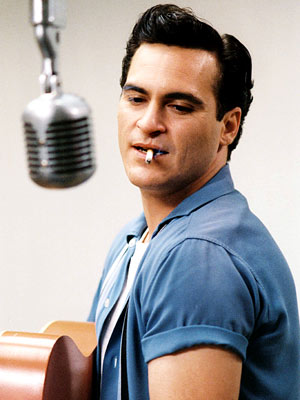
First off, may I just be so bold as to say “great minds think alike?” Amanda has a post on her blog about Bloomsday, also, although the smarty-pants actually finished the darn thing.
Me, I made it to the second page.
Elena had a post awhile back about giving up on books–I think most of us agreed that we didn’t used to, but time was too short, and there were too many books to read, to waste time on a book that wasn’t grabbing you. I think Joyce’s Ulysses is just too smart for me (I really admire, however, the premise behind Bloomsday: Ulysses recounts a modern-day traveler’s odyssey through Dublin on June 16, so Bloomsday celebrants relive Ulysses’s progress. Here in New York City, Symphony Space hosts a 12+-hour event to celebrate. So happy Bloomsday, everyone!)
But back to where I was attempting to go with this, albeit in a most Framptonian circuitous manner. I gave up on a book recently, one much less erudite (with less crudity) than Joyce’s because it was too slow. Was it me, or the book? The book was published in 2002, which means the author wrote it sometime in 2000 or so. I think that in that time, readers have come to want a different style in their romances. Instead of long, descriptive narrative, now most top-of-the-charts romances have tons of dialogue. Instead of love stories that take at least six months to begin and culminate, we’ve got stories that can take place over the course of a few days to a month. Is our attention span that much shorter?
Personally, I like the dialogue-heavy books. And I have a theory about how this sea-change happened: Julia Quinn. Julia Quinn writes amazing dialogue, light, witty banter that reveals loads about the character speaking, and she doesn’t spend a lot of time on description. Her books are a breath of fresh air.
Are the newer romances an improvement over the slower ones? Do you value dialogue over narrative? Which authors would you like to see stretch out their prose? What do you think of my theory?
And is this post itself too long?
Megan
www.meganframpton.com






